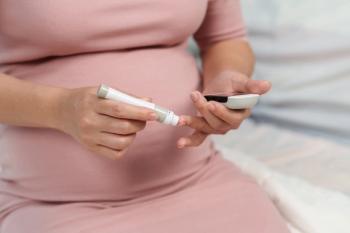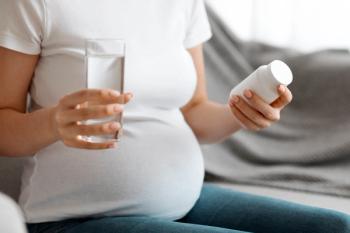
Singletons don't outsmart twins
Contrary to findings of studies using older cohorts of twins, a new follow-up study of Danish twins born during the late 1980s finds their academic performance by the teen years to be similar to that of singletons, and that birthweight, unless in the very low range, has minimal effect on school achievement.
Contrary to findings of studies using older cohorts of twins, a new follow-up study of Danish twins born during the late 1980s finds their academic performance by the teen years to be similar to that of singletons, and that birthweight, unless in the very low range, has minimal effect on school achievement.
Researchers included over 3,000 twins and almost 8,000 individuals in the study and found their scores on ninth grade tests at age 15 or 16 to be comparable.
Many previous studies on the subject used IQ as their measure and attributed lower mean IQ scores of twins to a shorter gestational period or impaired fetal growth. The authors of this study used school test scores rather than IQ scores and pointed out that recent reviews have found a strong correlation between the two.
The authors believe that the absence of any cognitive disadvantage is largely the result of improvements in pre-, neo-, and postnatal care. They added that when studying twins' birthweight and its effects, it is important to judge relative to what is normal for twins and not singletons.
Christensen K, Petersen I, Skytthe A, et al. Comparison of academic performance of twins and singletons in adolescence: follow-up study. BMJ. 2006;333:1095.
Newsletter
Get the latest clinical updates, case studies, and expert commentary in obstetric and gynecologic care. Sign up now to stay informed.









